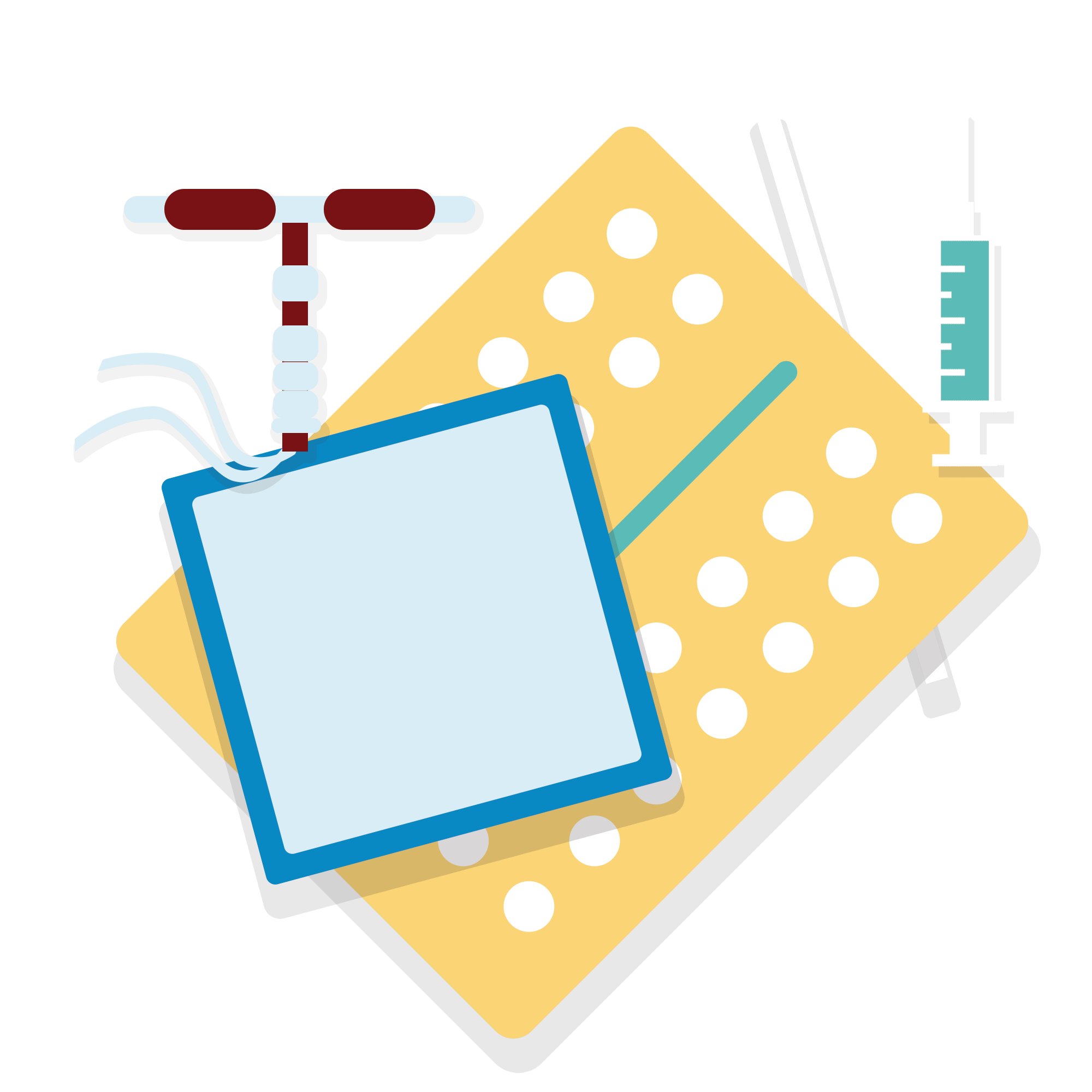
Latest News:
Services for Young People
Confidential information and advice on sexual health
Nearest service to meC-Card Issue Points
Where you can register or collect free condoms, including using our new Click and Collect
Find the nearest to meLong Acting Methods
Long-acting reversible contraception (LARC) methods of contraception don’t rely on you remembering to take them, but they do need to be fitted or administered by a trained doctor or nurse.
These types of contraception are often inserted or injected, and can remain effective for a long time. LARC includes the implant, injections and intrauterine methods (coils).
Contraceptive Implant
The contraceptive implant is a small, flexible plastic rod containing the hormone progestogen, which is slowly released over a period of three years. This implant works by stopping ovulation and thickening the mucus in the cervix, so sperm find it harder to get through to the uterus, and bymaking the lining of the uterus thinner. The implant is about 40mm long (about the size of a matchstick). It is put under the skin in your upper arm by a specially trained nurse or doctor.
- It is over 99% effective and last 3 years
- You do not have to think about it every day
- Can be used if breastfeeding
- Fertility returns to normal after the implant is removed
- Bleeding can be irregular, shorter, or stop altogether
- There may be some minor side effects which should settle: these include headaches, nausea, breast tenderness or mood changes
- Like many other contraceptive methods, it does not protect against sexually transmitted infections.
Contraceptive Injection
The contraceptive injection is an injection containing the hormone progestogen. This injection works by stopping ovulation, thickening the mucus in the cervix so sperm find it harder to get through to the uterus, and by making the lining of the uterus thinner.
There are three types of injectable contraceptives:
- Depo-Provera, which lasts for 13 weeks
- Sayana Press, which lasts for 13 weeks
Depo-Provera is the most commonly used in the UK and the type we use at our clinics.
- It is over 99% effective
- It is not affected by any other medications
- It is a very quick injection
- Can be used if breastfeeding
- Bleeding can become irregular or stop altogether
- Can take some time (6 months to a year) for your fertility to return to normal after stopping the injections
- There may be minor side effects which should settle: these include headaches, nausea, breast tenderness or mood changes
- Like many other contraceptive methods, it does not protect against sexually transmitted infections.
Intrauterine Contraception (IUC)
Intrauterine contraception refers to two types of contraceptive devices that are placed into the uterus by a specially trained doctor or nurse (the intrauterine system and intrauterine device).
Intrauterine System (IUS)
The IUS (sometimes called the hormone coil) is a small plastic T shaped device containing the hormone progestogen. The IUS is placed into the uterus by a specially trained doctor or nurse. It works by thickening the mucus around the cervix, which makes it harder for sperm to get through, and making the lining of the uterus thinner.
There are a number of different types of IUS devices, these last between 3-8 years. The doctor or nurse will explain which device is most suited to your needs. (Please make a note and keep track of this as SWISH do not routinely send reminders for a removal and refit)
Levosert Intrauterine Contraceptive Device
The Levosert hormonal coil is licenced for contraceptive use for 6 years. It is licenced for 5 years for management of heavy menstrual bleeding and is not licenced for endometrial protection as part of hormone replacement therapy.
This is now the hormonal coil of choice for women attending SWISH requesting a hormonal coil who are aged 40 years and above. It is a very effective form of intrauterine contraceptive and is as effective and safe as other hormonal contraceptive coils currently available in the UK.
More information about the Levosert device can be found here:
Those with a IUS called a Mirena please be advised that as of January 2024 the Mirena coil is now licenced as effective for contraception for eight years in the UK. This change is endorsed by the Faculty of Sexual and Reproductive Healthcare. This is a change from previous recommended duration of use which was originally five years, then six years. SWISH will now only accept bookings for Mirena coil replacement when the coil has been in place for at least seven and a half years.
Individuals who have a Mirena inserted when they are above 45 years old can use the device for contraception until age 55 years, after which time contraception is no longer required.
- It is over 99% effective
- Can be used if breastfeeding
- Fertility returns to normal after the IUS is removed
- The IUS can make your bleeds lighter, shorter or stop altogether
- It can be used by women who can't use the combined contraception pill, patch or ring.
- Once the IUS is in place, you don't have to think about contraception every day or each time you have sex.
- You may experience some minor side effects which should settle, these may be mood swings, skin problems or breast tenderness.
- It can be uncomfortable when the IUS is put in, although painkillers can help with this.
- Like many other contraceptive methods it does not protect against sexually transmitted infections.
Copper intrauterine device (IUD)
The IUD (sometimes call the copper coil) is a small plastic T shaped device which contains copper. The IUD is placed into the uterus by a specially trained doctor or nurse. It works by stopping the sperm reaching an egg; it may also work by stopping a fertilised egg from implanting in the uterus.
There are different types of IUD which can last between 5 – 10 years. (Please make a note and keep track of this as SWISH do not routinely send reminders for a removal and refit)
- The IUD does not contain any hormones.
- It is over 99% effective
- It works as soon as it is put in and is not affected by other medicines.
- The IUD can change your periods, it is common for them to be heavier, longer or more painful the first three to six months after an IUD is put in, but they're likely to settle down after this.
- Can be used if breastfeeding
- Once the IUD is in place, you don't have to think about contraception every day or each time you have sex.
- It can be uncomfortable when the IUD is put in, although painkillers can help with this.
- Like many other contraceptive methods it does not protect against sexually transmitted infections.



















